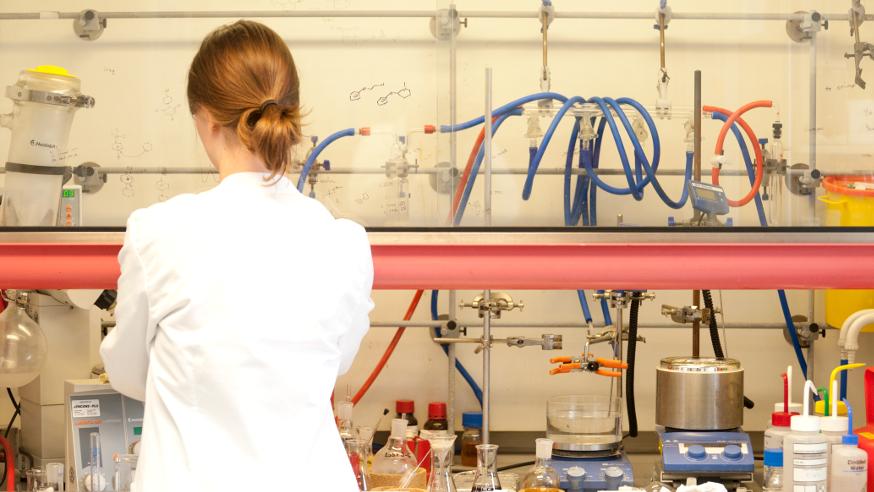
The Institute of Cancer Research, London, has joined other influential UK research and higher education bodies to call for government recognition of the importance of international technicians in delivering world-leading research.
A joint statement from bodies including the ICR, the Russell Group, Wellcome and Cancer Research UK lays out our concern that under existing non-European Economic Area (EEA) immigration rules, many highly qualified technicians are in roles which are not classified as skilled enough to be eligible for working visas.
If the same system is applied to EEA nationals post-Brexit, universities and research institutions across the UK could struggle to fill many technical roles with appropriately skilled staff.
The importance of science technicians
The statement calls for greater recognition of the vital role of technicians in current research, and in training the UK’s future researcher workforce.
This year the ICR was a founding signatory of the Technician Commitment, which supports the role of technicians in scientific research at universities and research institutions across the UK.
Professor Paul Workman, Chief Executive of the ICR, said:
“Technical scientists are at the heart of the world-leading cancer research that goes on here at the ICR. They make up nearly a quarter of the ICR’s staff, and have been crucial to many of our most exciting discoveries.
“Many of our technical scientists are EU citizens, and it is vital that the Government secures a deal that allows us to continue to recruit these talented people.
“We already find it difficult to attract staff in certain areas where there are skills shortages, and it would be damaging for us – and for the UK’s competitiveness on the world stage – if further barriers around visa requirements were put in place.”
We are training the next generation of researchers; by supporting a PhD studentship, you could help us advance personalised prostate cancer treatment.
Find out more